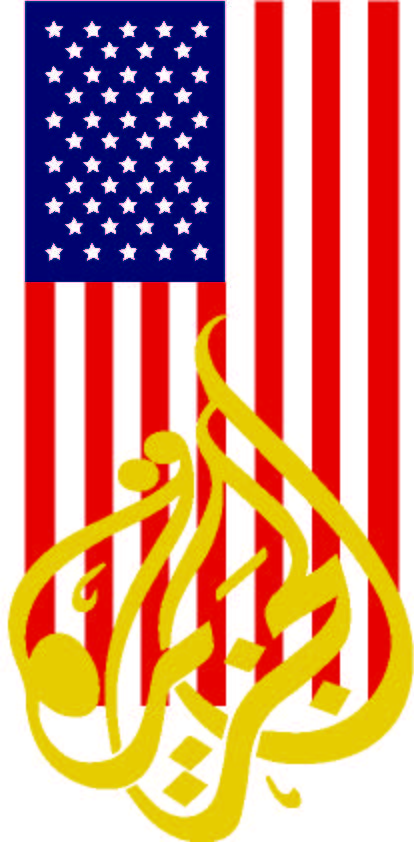
Faggot. It is a word so relatively simple yet drenched in a vitriolic frenzy of anger, confusion, pride and pain. To demean its use is to humble its earnest power to cause pain, to repurpose the word is to reclaim its hatefulness, and to use it is to offend. Truthfully, there is no easy way to speak of or use the word “faggot.” Its shock-value obscures an understanding of it in favor of headlines.
For example, in early January, emerging rapper Azealia Banks tweeted: “Seriously, if you were not born and raised in NY…. DON’T CLAIM NY. YOU ARE NOT A NEW YORKER.” The tweet may or may not have been aimed at fellow rapper Angel Haze, whose latest single is titled “New York” despite the rapper living in Springfield, Virginia. Haze, claiming the tweet was intended for her, responded with a diss track and called Banks a “charcoal skinned bitch.” The 140-character-fueled feud that followed drew the typical attention of fans, the music press and the usual celebrity gossip mills.
Where the story begins to take an interesting turn is with the entrance of notorious gossipmonger Perez Hilton into the two rappers’ quarrel. Hilton’s antagonization of the situation is itself not surprising; his means of gathering gossip is often instigative. In this case, Hilton, siding with Haze, demeaned Banks’ hometown loyalty. Banks then responded to Hilton by tweeting: “@perezhilton lol what a messy faggot you are.”
Banks’ use of “faggot” drew the usual ire of LGBTQ advocates. GLAAD debased Banks for ignoring her queer-identified fans who would be offended by the word. National news outlets then picked up the story, speculating that Banks’ newly signed record label, Interscope, would drop the controversial rapper. (They didn’t.) Fellow musician Scissor Sister Jack Shears drew a comparison between Banks’ use of “faggot” and the mid-’80s controversy when late disco singer Donna Summer reportedly said HIV was a punishment from God and subsequently lost favor in the LGBTQ community for nearly a decade.
Amidst the hailstorm of backfire, and further complicating a convoluted dispute, Banks ventured a justification of her use of “faggot” by pointing out that she did not mean it to disparage Hilton’s homosexuality, but his femininity: “A faggot is not a homosexual male. A faggot is any male who acts like a female. There’s a BIG difference.” Banks’ attempt at reclaiming the word “faggot” was supported by a number of her fans.
The word’s original implication is mired in an unwritten history of slang language, but the common history was relayed in an early episode of “Louis,” created by comedian Louis C.K., who also uses “faggot” regularly in his standup. In the episode, a late night poker game comprised of middle-aged men becomes the unlikely forum for discussing contemporary issues of gay identity. Comedian Rick Crom, the only gay man in the group, instructs Louis that in the 15th century “faggot” meant a bundle of sticks used as fuel. When women accused of being witches were burned at the stake, faggots were laid in piles at her feet to fuel the flames of her demise. Crom points out that homosexuals were likewise burned alive but were so despised that they were not given the dignity of a stake but rather thrown in with the kindling. Some claim that it’s this practice that connected the word “faggot” from kindling to its modern epithetic use.
Flash forward several centuries; “faggot” or “fag” is used today as a pejorative term for gay men. The most common occurrence of the word today (outside of high school locker rooms) is in the ongoing campaign of Fred Phelps, leader of the Westboro Baptist Church based in Topeka, Kansas. Phelps, the originator of the independent Baptist sect, began campaigning against homosexuality through the church in 1991 as a means to address public gay sex prevalent in a nearby park. Since then, Phelps has made his go-to slogan — “God Hates Fags” — world-known by picketing funerals and public events.






